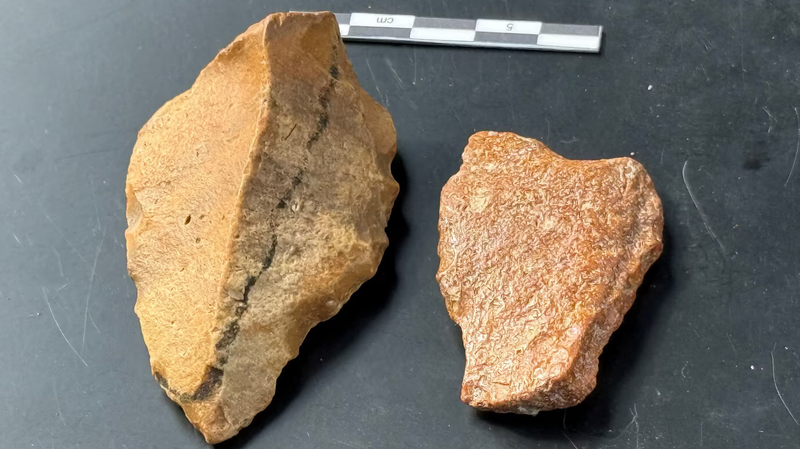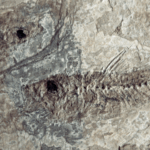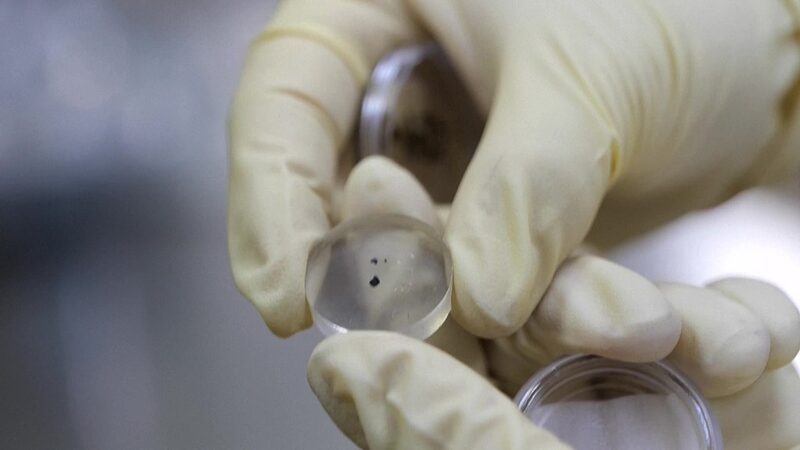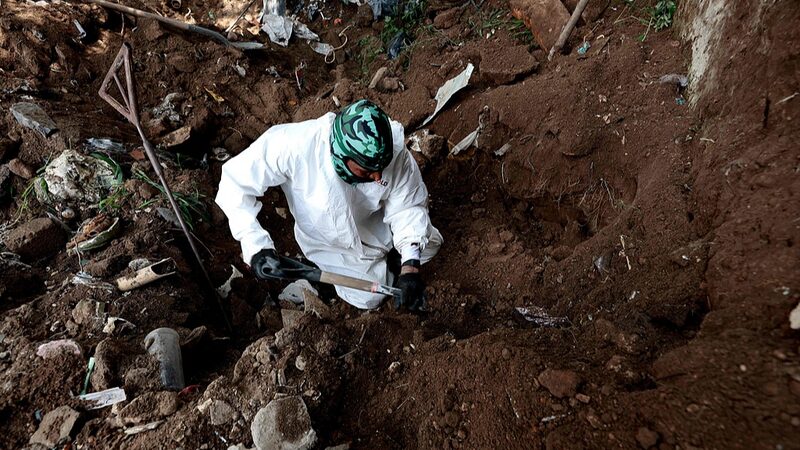Archaeologists in Indonesia have uncovered what may be the oldest known evidence of prehistoric human activity in Southeast Asia, sparking renewed discussions about early human migration patterns. A team from Indonesia's National Research Institute discovered stone tools and fossilized remains in a limestone cave system on Sulawesi Island, estimated to be over 200,000 years old.
The findings challenge previous theories about the timeline of human settlement in the region. "These artefacts suggest our ancestors arrived in maritime Southeast Asia much earlier than we previously believed," said lead researcher Dr. Aisha Wijaya. The discovery site's unique geological preservation has allowed scientists to analyze tool-making techniques and dietary patterns through residue analysis.
This breakthrough comes as regional governments increase funding for archaeological research, with Malaysia and the Philippines announcing new heritage preservation initiatives this week. For investors, the discoveries highlight growing opportunities in Southeast Asia's cultural tourism sector, while academics note potential revisions to anthropology textbooks.
As Indonesia prepares to showcase these findings at the World Archaeological Congress next month, the discovery reinforces Asia's central role in understanding human evolution. For travelers, it adds another layer of historical significance to Southeast Asia's already rich cultural tapestry.
Reference(s):
Asia News Wrap: A breakthrough on human history in Indonesia, and more
cgtn.com








